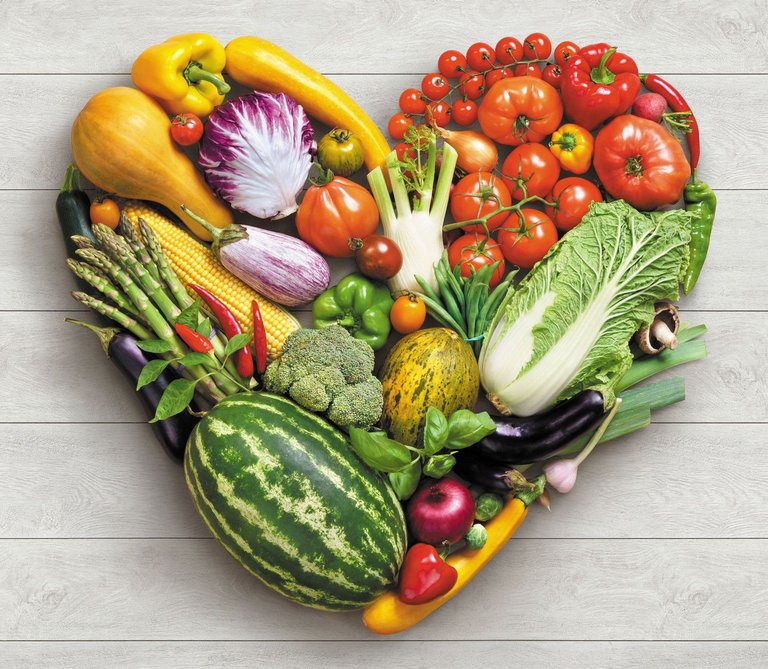
RomarioIen/Thinkstock
A comprehensive study indicates that avoiding meat may well be associated with lowered risks of developing cancer. Researchers studied almost 80,000 North American Seventh day Adventists over an eight year span. They found that vegetarians had an overall cancer risk 12% lower than that of omnivores, whereas vegans had an overall cancer risk 24% lower.
The protective effects were strongest in colorectal, stomach, and certain blood cancers, like lymphoma. For example, vegan diets were correlated with significantly lowered rates of breast cancer in women and prostate cancer in men, especially in the younger segments of the participants. Pescatarians (those who eat fish and perhaps shellfish but do not eat other meat), had a dramatic decline in cancer rates of colorectal cancer. Lacto-ovo vegetarians (those who eat dairy and eggs) also had fewer reported cases of lymphoma than either meat-eaters or fish-eaters.
Researchers believe not only could the lower averages of body weight at baseline account for the data, but that a higher intake of fruits, vegetables, legumes, and nuts, with an avoidance of processed and red meat, which may have contained carcinogenic components, was beneficial. Whole, plant-forward eating options have a greater nutrient content and phytochemicals (naturally occurring chemical compounds) nutrient-dense landscapes that decrease inflammation, improve immune environments, and promote a more hospitable gut environment.
The group stated that a vegan diet needs to be balanced and even in some instances supplements or fortified foods must be used to avoid deficiencies in nutrients (vitamin B12, iron, omega-3's).
References:
Fraser, Gary E. , et al. The American Journal of Clinical Nutrition (2025)
This post has been shared on Reddit by @davideownzall through the HivePosh initiative.